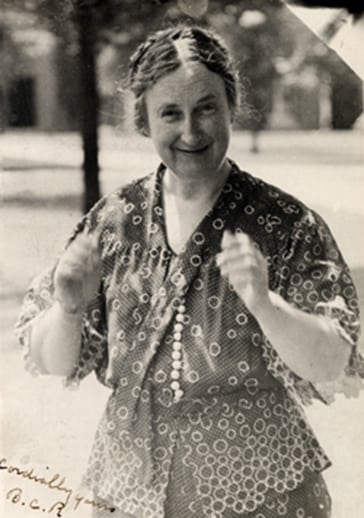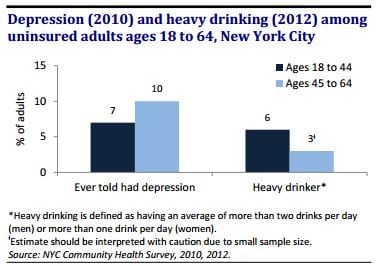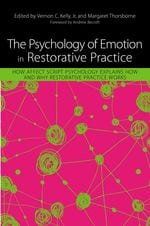After some years of practice, she returned to Smith College for training as psychiatric social worker. Although attracted to the thinking of Freud, Reynolds wasn’t happy with the development within social work that pathologized every problem, turning it into an individual issue, a personal problem. She saw more benefit in structural and institutional approaches combined with care for the individual. As such, she can be seen as one of the forerunners of what later became radical social work.


